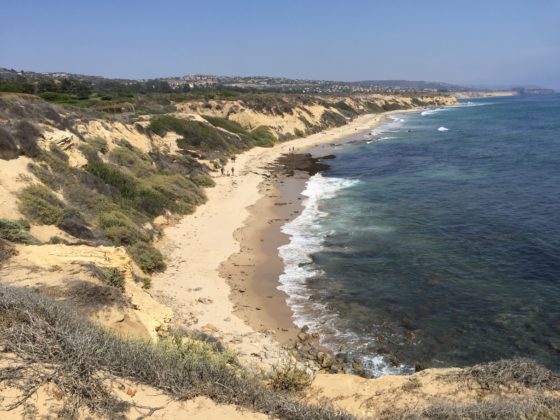
In the mid-1990s, I had the good fortune of participating in the Strategic Coach® program. Its quarterly, all-day sessions helped me focus on creating the life I wanted, personally and professionally.
One of the first things I learned in the program was their time management system, the most important aspect of which is “Free Days”. A Free Day is a day when you don’t work at all. You don’t check your work e-mail. You don’t call into the office. You don’t read trade journals. You spend all day not working.
When I started taking Free Days, disconnecting meant not calling into my office to check my voice mails, and asking my office not to call me. It meant not taking a pile of work with me. Today, it means disconnecting in all the ways you would imagine.
Free Days can be hard to get used to, especially in today’s hyper-connected world.
But, it’s worth the effort.
What I learned in Strategic Coach® was vacations should not be viewed as a reward for hard work. Instead, they need to be viewed as critical time for rejuvenation.
I thought about Free Days recently when I read a couple of articles in Fast Company magazine.
Some important excerpts from the writer, as well as experts interviewed for the piece:
- Time off helps us recover. When we’re not working, we’re able to rebuild internal resources we depleted while dealing with the stress of work.
- It might be better to check email once a day than constantly ruminate and worry about the emails that might have come in. But, a study found that working on your trip for just one hour a day can make you 43% more likely to have trouble remembering your vacation.
- Feeling guilty because one is not working is detrimental, maybe more detrimental than working itself.
- Physical exercise can be highly beneficial for recovery.
- You can increase your chances of having a rejuvenating vacation by working on a hobby or activity you’ve been trying to master—engaging in experiences that involve learning or broadening one’s horizons.
- If you must stay connected, take your phone, but leave your laptop. It’s a pain to answer long emails on a smartphone. When it’s harder to engage in work, you think twice before diving into something big, especially when you’re supposed to be on vacation.
Many people say they prefer to do some work on vacations to avoid getting slammed with work when they return. They do work early before their family wakes up, or at night after everyone else is asleep. If that works for you, I understand you might be reluctant to try something new. I used to feel that way until I tried Free Days.
If at all possible, try to disconnect completely. As I recommend for all new habits, take baby steps. Perhaps start by disconnecting on weekends. Then try disconnecting on a long weekend. And so on. I promise you it is worth the effort for you, for your family, and for your overall well-being.
If you want to talk about your experiences, reach out to me. I’ll be glad to help. Or simply join the conversation with your comments…
Best regards,
David
